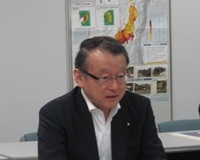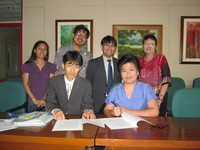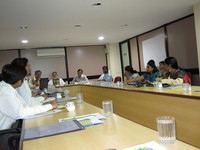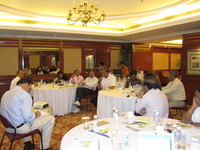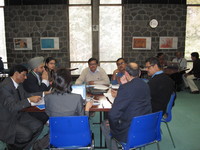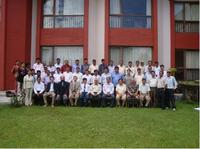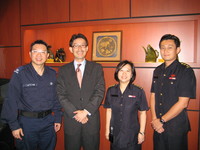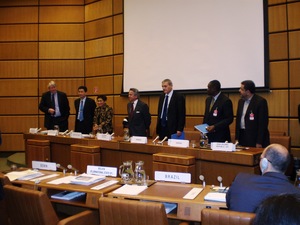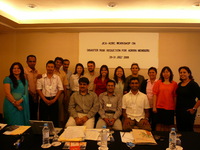30 November 2024
Sentinel Asia (SA) is a framework for collaboration among the space community (space agencies), the disaster management community (ADRC and its member organisations, and disaster management organisations), the international community, and academia (university, research and technical institutes). Collaboration with the disaster management community, via the ADRC and its members, has been a part of the major vision of SA from the outset. SA was initially proposed in 2004 under the framework of the Asia-Pacific Regional Space Agency Forum (APRSAF).Its implementation was agreed to in 2005. Implementation and operation began in 2006, and it is still in operation today.
A book entitled "10th Anniversary of Sentinel Asia: Space-Based Disaster Management Support in the Asia-Pacific" was released by the Cambridge Scholars Publishing in November 2024. It was written by Dr KAKU Kazuya, Visiting Researcher of the ADRC, Mr SUZUKI Koji, Project Director of the ADRC, and others.
The book summarises the activities of SA over the first decade from its conceptual inception in 2004, commemorating its 10th anniversary. It describes its history, framework, implementation approaches, how it operates, and its achievements, providing a good case study on how local partners have constructively collaborated to apply satellite remote sensing to support disasters management in the region. It will contribute to the further development of SA, and be a useful example for similar international collaborations for disaster response elsewhere.
Royalties from the book will be donated to disaster management efforts. For more information, see the below links.
Hardback: https://www.cambridgescholars.com/product/978-1-0364-1715-4
(2024/12/07 15:00)


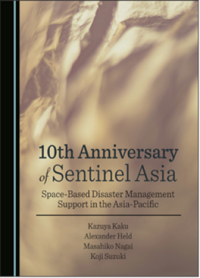
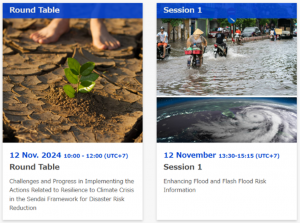
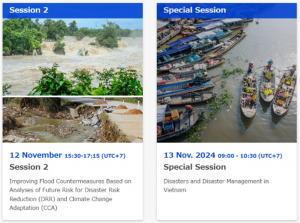
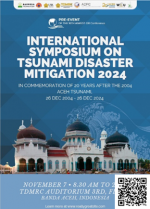
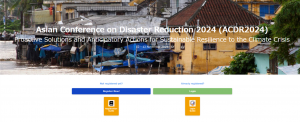
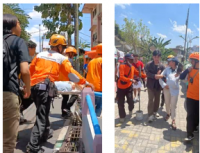
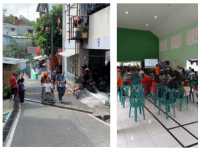

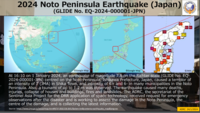
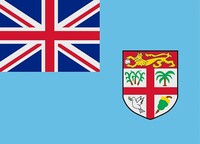
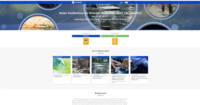
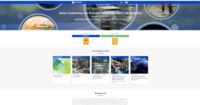
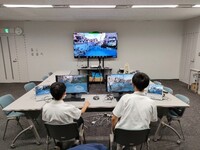
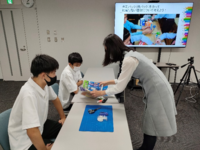
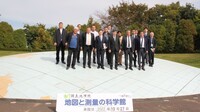
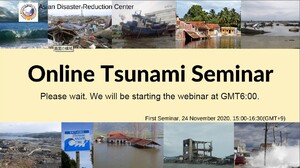
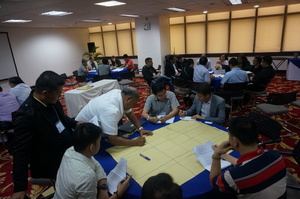
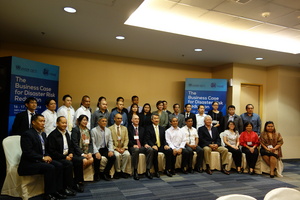
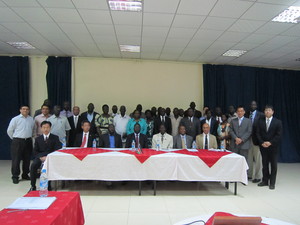
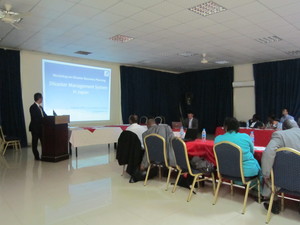
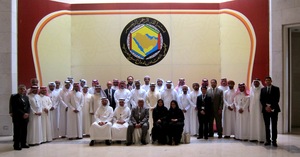
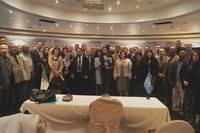

-thumb-200x133-1339.jpg)
-thumb-200x150-1336.jpg)
